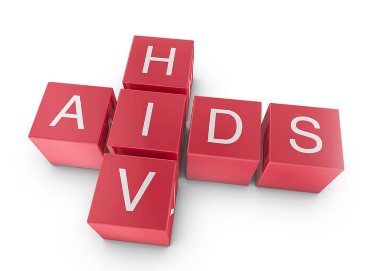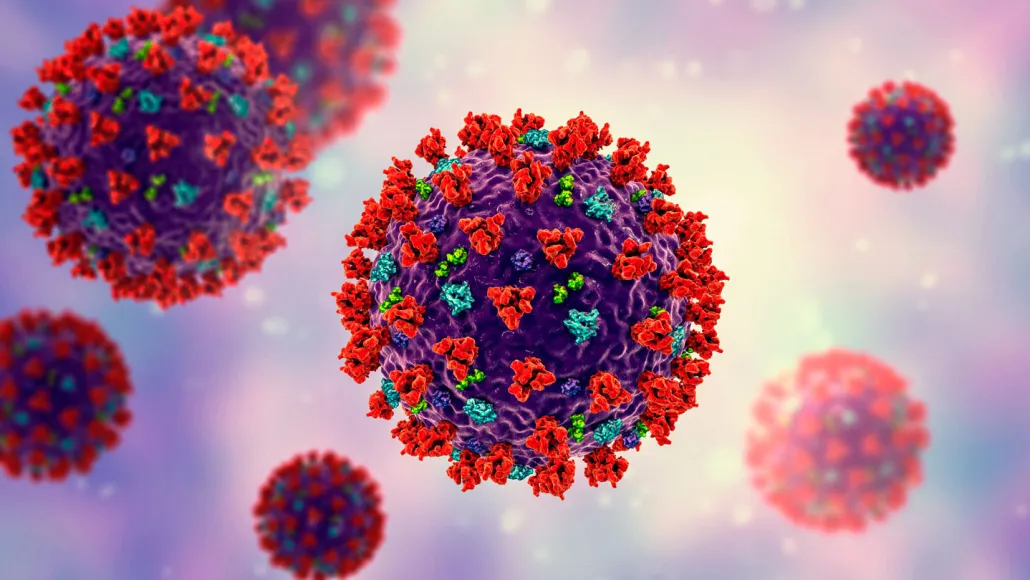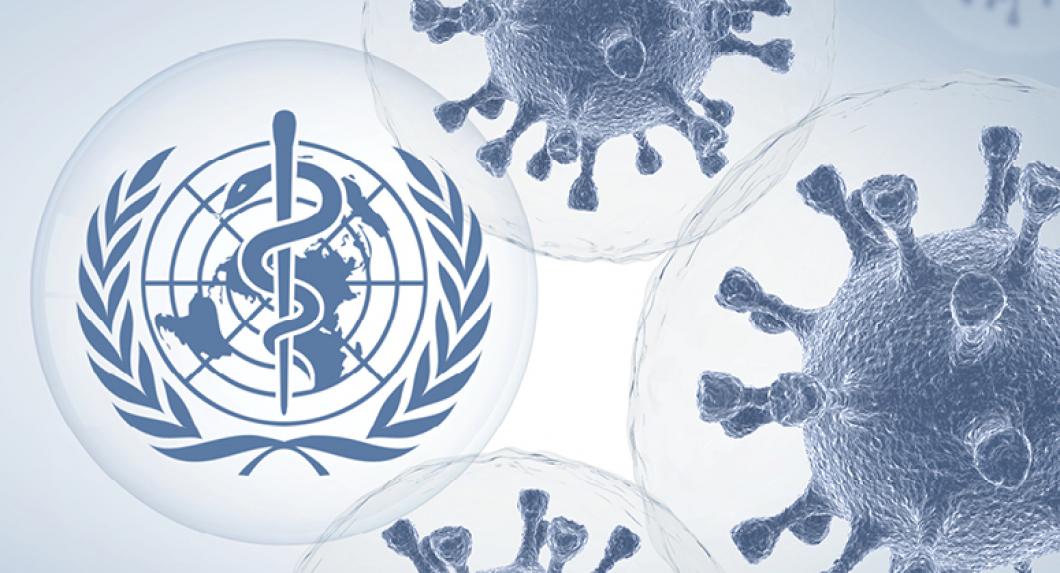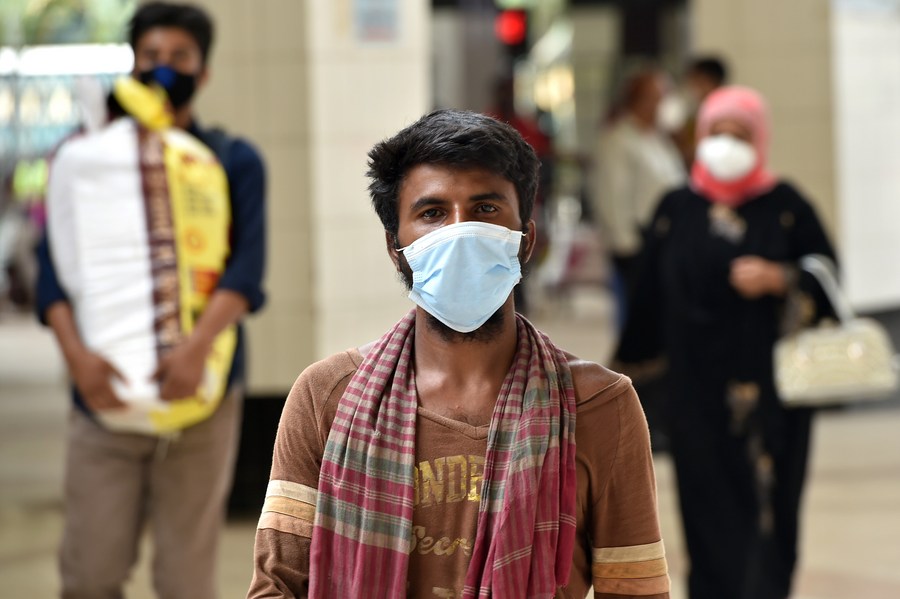This year has witnessed a record number of reported AIDS patients and deaths in the country, marking the highest figures ever recorded, according to government statistics.
Since January 1, a total of 1276 AIDS patients have been detected in the country. Meantime, 266 AIDS patients died. Both are the highest since the first AIDS statistics were published in 1989.
According to the Directorate General of Health Services (DGHS), a total of 10,984 AIDS cases and 2,086 deaths were reported in the country in the past 34 years.
Dr Md Mahafuzer Rahman Sarker, Line Director (TB-L & ASP) of the DGHS disclosed the information by giving a presentation at a discussion at the auditorium of the National Cancer Research Institute and Hospital in Mohakhali of the capital on Wednesday.
The DGHS arranged the programme marking World AIDS Day while Md Saidur Rahman, additional secretary (World Health) of the health services division and Director General of the health directorate Prof Dr ABM Khurshid Alam were also present.
The report said in Bangladesh the first HIV case was detected in 1989 while the prevalence of the disease in the country remains less than 0.01% among the general population.
At the same time, the HIV prevalence remains at about 4.1% among the PWID (People who inject drugs) as per the latest IBBS and the estimated number of People Living With HIV is 15,143 in Bangladesh.
The DGHS report further said a maximum number of identified HIV-positive people came from the age group (25-49) and some of HIV positive getting from (19-24) years age population while 65.05% of patients were identified this year are between 25 to 49 years.
Some 16.54% patients are between 19 to 24 years and 11.21% patients are reported over 50 years.
Of the patients reported in 2023, 73% are aware of their status, 75% are on HIV treatment and 90% are virally suppressed in the country.
According to the report, the number of AIDS cases among male sex workers is increasing. Besides, this disease is also spreading among male homosexuals.
Drug addicts who use injections to take drugs intravenously are also getting AIDS, it added.
Describing the challenges, the health directorate report said increasing the HIV testing among all public Hospitals for more HIV case diagnosis, as well as system strengthening for private Hospital data collection is one of the challenges.
The capacity of all District Hospitals and Medical College Hospital laboratories to use rapid test devices (RTDs) for HIV testing.
Tracking the HIV positive returnee migrants and their partners with enrollment into ART services. Need program design to indentify this population.
Speaking at the programme, the DGHS chief Khurshif Alam said Bangladesh has been successful in eradicating or controlling many diseases, but is lagging behind in controlling AIDS.
Urging to put greater emphasis on diagnosis and treatment to eradicate AIDS, he called for vigilance in preventing transmission of the disease.
Describing reasons behind increasing the number of patients and deaths, Khurshid Alam said earlier many patients might have died in the disease as an unknown disease.
“Now the AIDS control programs are better, more patients are being diagnosed, and AIDS deaths are being attributed to AIDS. Another may be that those affected by AIDS in Bangladesh are old, many of them are dying natural deaths,” he added.
The DGHS chief said the AIDS patients shouldn’t be kept away as the government is providing free treatment, medicines and all services for AIDS.
“We use a lot of reusable things here in medicine including surgery. Make sure to sterilize those items. Otherwise, an innocent person who comes in for a colonoscopy, endoscopy or any of those tests will be infected with the HIV," he warned.
According to World Health Organisation (WHO), Human immunodeficiency virus (HIV) is an infection that attacks the body’s immune system. Acquired immunodeficiency syndrome (AIDS) is the most advanced stage of the disease.
HIV targets the body’s white blood cells, weakening the immune system. This makes it easier to get sick with diseases like tuberculosis, infections and some cancers.
The WHO said HIV can be treated and prevented with antiretroviral therapy (ART). Untreated HIV can progress to AIDS, often after many years.













